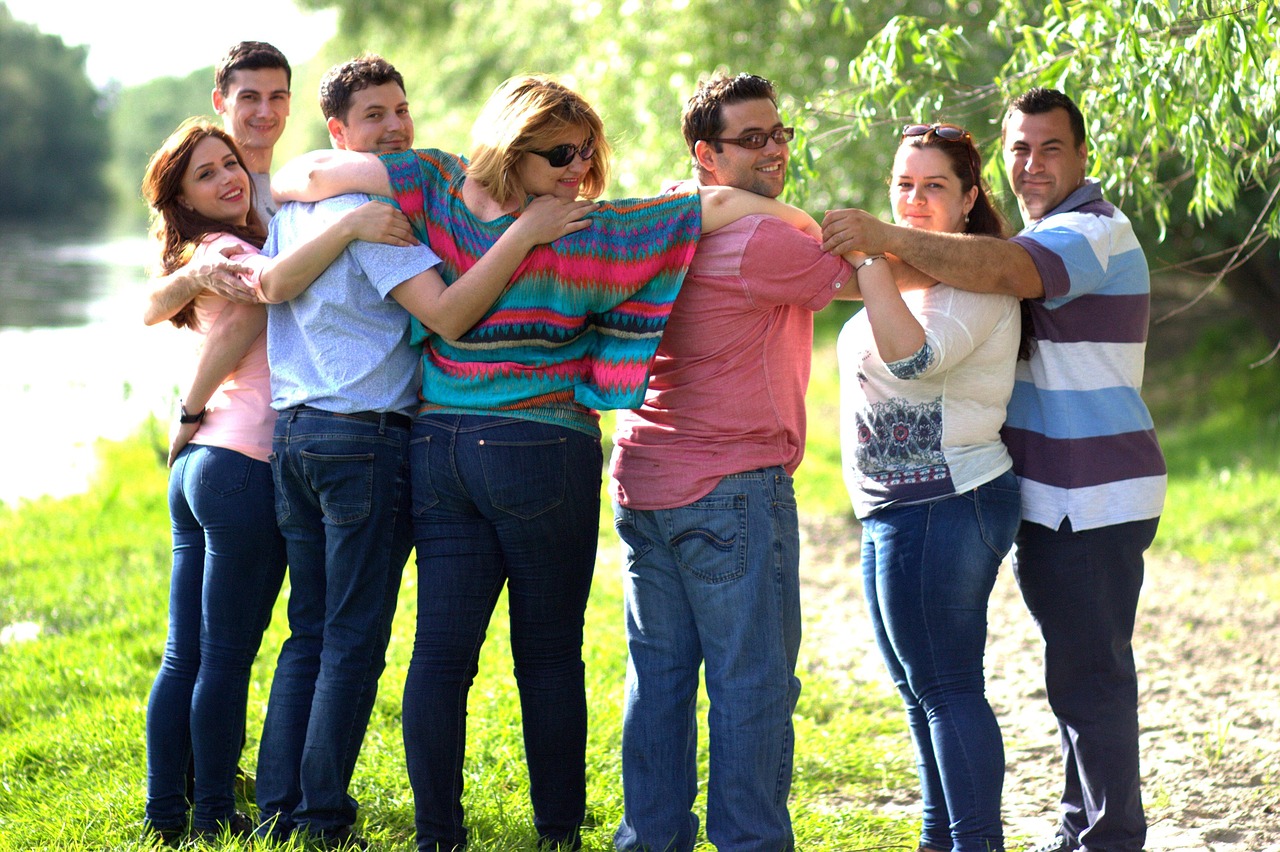
In a world that often feels transient and unpredictable, the value of a reliable friend is immeasurable. They are the anchors in our storms, the cheerleaders in our triumphs, and the comforting presence during our quiet moments of reflection. But what exactly defines a truly reliable friend, and how do we cultivate these crucial relationships in our lives? Let’s delve into the core characteristics and benefits of having reliable friends.
The Cornerstone of Reliability: Key Characteristics
Reliability in a friendship isn’t just about being there; it’s about how they are there. It encompasses a constellation of positive traits that build trust and create a lasting bond.
Consistency and Dependability
- Consistent presence: A reliable friend shows up consistently, not just when it’s convenient. They make an effort to stay connected, whether through regular phone calls, texts, or in-person visits.
- Dependability in action: They follow through on their commitments. If they say they’ll be there to help you move, they’re there, no excuses. This builds trust and demonstrates that their words have meaning.
Example: Imagine a friend promising to proofread your important presentation but bailing at the last minute. A reliable friend, however, understands the importance of their commitment and delivers on their promise, even if it requires extra effort.
Honesty and Integrity
- Truthfulness with tact: Reliable friends are honest, even when it’s difficult. They offer constructive criticism with kindness and don’t sugarcoat the truth to avoid hurting your feelings.
- Integrity in their actions: They live by a strong moral code and treat others with respect. You can trust them to be fair and ethical in all their dealings.
Example: A reliable friend will gently tell you that your outfit isn’t quite right for an important interview, while another friend might just let you go out looking less than your best.
Empathy and Understanding
- Active listening: They genuinely listen when you talk, paying attention to your words and emotions. They ask clarifying questions and try to understand your perspective.
- Emotional support: They offer empathy and support during challenging times. They validate your feelings and offer practical assistance when needed.
Example: Instead of brushing off your anxieties about a new job, a reliable friend will actively listen to your concerns, offer words of encouragement, and perhaps even help you prepare for potential challenges.
Why Reliable Friends Are Essential for Well-being
Having reliable friends contributes significantly to your overall health and happiness. They provide a support system that can help you navigate life’s ups and downs.
Improved Mental Health
- Reduced stress and anxiety: Knowing you have someone to turn to can alleviate stress and anxiety. Sharing your burdens with a reliable friend can make them feel lighter.
- Increased self-esteem: Supportive friends affirm your worth and help you feel good about yourself. They celebrate your accomplishments and offer encouragement during setbacks.
Statistics: Studies show that individuals with strong social connections experience lower rates of depression and anxiety.
Enhanced Physical Health
- Stronger immune system: Research suggests that social connections can boost your immune system and improve your overall physical health.
- Longer lifespan: People with strong social support networks tend to live longer and healthier lives.
* Example: Regularly going for walks or engaging in physical activities with a reliable friend can motivate you to stay active and improve your physical health.
Greater Resilience
- Coping mechanisms: Reliable friends provide a safety net during difficult times. They help you develop coping mechanisms for dealing with stress and adversity.
- Perspective and guidance: They offer different perspectives and can help you see things in a new light. They provide valuable guidance and support when you’re facing challenges.
Cultivating and Maintaining Reliable Friendships
Building and maintaining reliable friendships requires effort and commitment. It’s a two-way street that involves mutual respect, trust, and understanding.
Invest Time and Effort
- Prioritize quality time: Make time for meaningful interactions, whether it’s a weekly coffee date, a phone call, or a shared activity.
- Be present and engaged: When you’re with your friends, put away distractions and focus on the conversation. Show genuine interest in their lives and experiences.
Practice Active Listening and Empathy
- Pay attention to their needs: Be attentive to your friends’ needs and offer support when they’re going through a tough time.
- Validate their feelings: Acknowledge their emotions and let them know that you understand what they’re going through.
Communicate Openly and Honestly
- Express your feelings: Be open and honest about your own feelings and needs. This helps build trust and strengthens the bond between you.
- Address conflicts constructively: Disagreements are inevitable in any relationship. Address them calmly and respectfully, focusing on finding a solution that works for both of you.
Recognizing Red Flags: When a Friendship Isn’t Reliable
Not all friendships are created equal. It’s important to recognize when a friendship is no longer healthy or reliable.
One-Sided Relationships
- Unequal effort: If you’re always the one initiating contact or providing support, it may be a sign that the friendship is one-sided.
- Lack of reciprocity: If your friend is always asking for favors but rarely reciprocates, it’s a red flag.
Inconsistency and Unpredictability
- Flakiness: If your friend frequently cancels plans or is unreliable, it can be frustrating and hurtful.
- Moodiness: If their behavior is unpredictable and inconsistent, it can be difficult to trust them.
Negative Behavior
- Gossip and negativity: If your friend constantly gossips about others or is overly negative, it can be draining to be around them.
- Jealousy and competition: If they’re always trying to one-up you or seem jealous of your success, it’s a sign of an unhealthy friendship.
Conclusion
Reliable friends are a precious commodity in today’s fast-paced world. They contribute significantly to our mental, physical, and emotional well-being. By understanding the key characteristics of a reliable friend, investing time and effort in nurturing these relationships, and recognizing red flags, you can cultivate a strong and supportive network that will enrich your life for years to come. Prioritize building and maintaining these essential bonds – your well-being depends on it.



